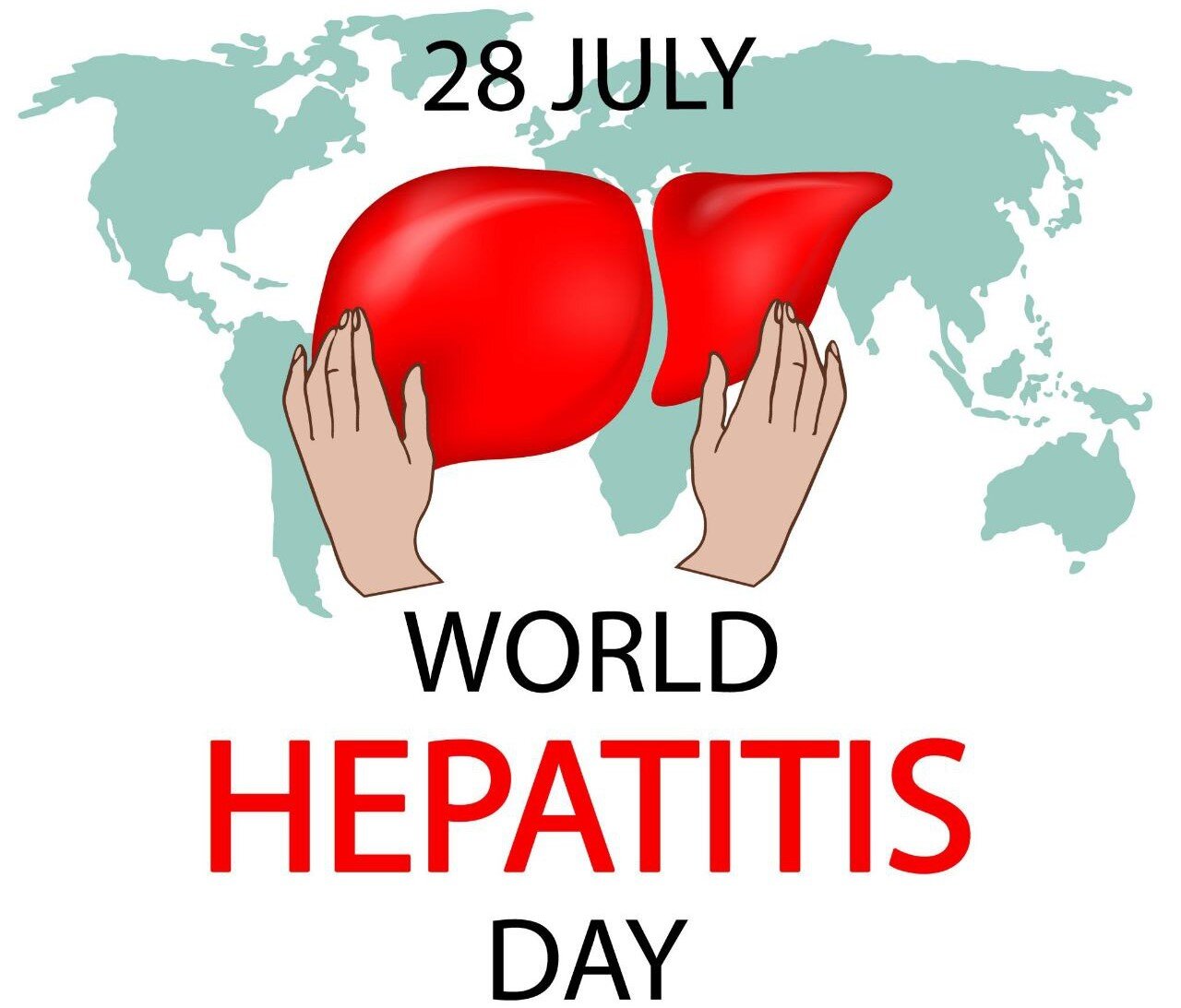Hepatitis Awareness Week to be marked

TEHRAN – The national Hepatitis Awareness Week is scheduled to be observed from July 26 to August 2.
Hepatitis is an inflammation of the liver that causes severe liver disease and cancer.
The Week will focus on a campaign titled ‘moving toward eliminating hepatitis’, which aims to raise public awareness, provide scientific information about the disease to the community, screen high-risk groups, engage non-governmental organizations, and support policymakers.
The media, universities, and various organizations have also been invited to participate in coordinating the implementation of the campaign.
Expanding access to hepatitis C diagnosis and treatment is one of the top priorities of the country, the health ministry website reported.
Managing hepatitis B and C is among the significant challenges of the country’s health system, and their elimination by 2030 is among the main goals of the health ministry, Qobad Moradi, an official with the health ministry, said.
Underscoring the role of diagnosis and care for patients with hepatitis, Moradi said that according to the World Health Organization (WHO) over three million people are living with chronic hepatitis B and C, while only 45 percent of the babies receive hepatitis B with 24 hours of birth, which highlights the need for higher vaccination coverage and identification of the disease.
Thanks to free and effective treatment of the disease, early diagnosis will help avoid complications such as cirrhosis and liver cancer, Moradi noted.
The official made the remarks on the occasion of World Hepatitis Day, celebrated annually on July 28, annually. It is an opportunity to step up national and international efforts on hepatitis, encourage actions and engagement by individuals, partners, and the public, and highlight the need for a greater global response as outlined in the WHO’s Global hepatitis report of 2017.
Hepatitis is caused by a variety of infectious viruses and noninfectious agents, leading to a range of health problems, some of which can be fatal.
Low coverage of testing and treatment is the most important gap to be addressed in order to achieve the global elimination goals by 2030.
The theme for 2025, ‘Hepatitis: Let’s Break It Down,’ calls for urgent action to dismantle the financial, social, and systemic barriers – including stigma – that stand in the way of hepatitis elimination and liver cancer prevention.
Iran, WHO to form working group to eliminate hepatitis C
In 2024, Iran and the WHO agreed to create a joint working group with the aim of eradicating hepatitis C in the country.
The deputy health minister Hassan Farshidi, in a meeting with WHO’s Assistant Director General for Communicable and Noncommunicable Diseases, Jerome Salomon, underscored the establishment of a joint working group to eliminate hepatitis C.
The officials met on the sidelines of the 77th World Health Assembly (WHA) held in Geneva, Switzerland, from May 27 to June 1.
During the meeting, Farshidi presented a report on the measures taken in Iran to control and prevent hepatitis C and stressed the key strengths of Iran’s national program, including the strong primary health care services (PHC) and the integration of the programs to fight and manage hepatitis.
Salomon, for his part, lauded Iran for its commitment and strong will in the elimination of hepatitis C and announced WHO’s readiness to support Iran’s plans in this area.
He also called Iran a role model for other regional countries in the elimination and control of hepatitis C.
The two sides agreed to establish a joint working group to support the eradication of the hepatitis C program in Iran.
Also, a team of experts from the World Health Organization is scheduled to visit Iran to assess the strengths and needs in eliminating hepatitis C.
MT/MG
Leave a Comment